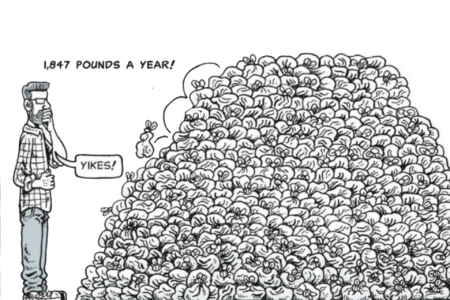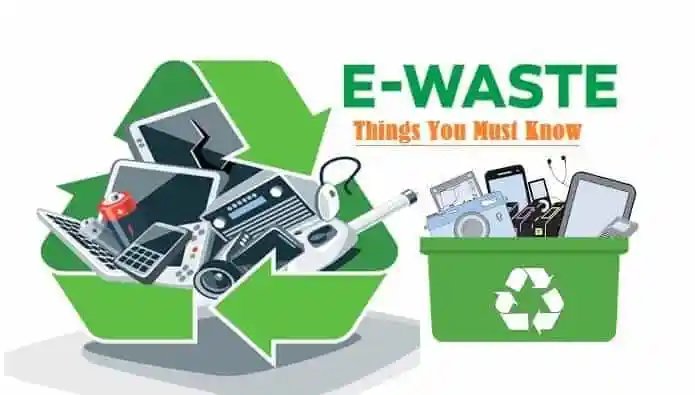
Introduction
E-waste recycling is a crucial process that involves the responsible disposal and recycling of electronic waste. This article aims to provide a comprehensive beginner’s guide to e-waste recycling, exploring its importance and the need for understanding this topic.
Historical Background
Electronic waste has become a pressing global issue due to the rapid advancement of technology and the increasing consumption of electronic devices. Improper disposal of e-waste over the years has led to environmental pollution, health hazards, and the depletion of natural resources. Understanding the historical background of e-waste and its implications is crucial to finding effective solutions.
Key Concepts and Definitions
To develop a comprehensive understanding of e-waste recycling, it is important to define key concepts and terms. Electronic waste refers to discarded electronic devices, including computers, smartphones, and appliances. Recycling plays a significant role in managing e-waste, involving the process of recovering valuable materials from electronic waste for reuse or refurbishment. Other relevant terms to define include refurbishment, reuse, and disposal.
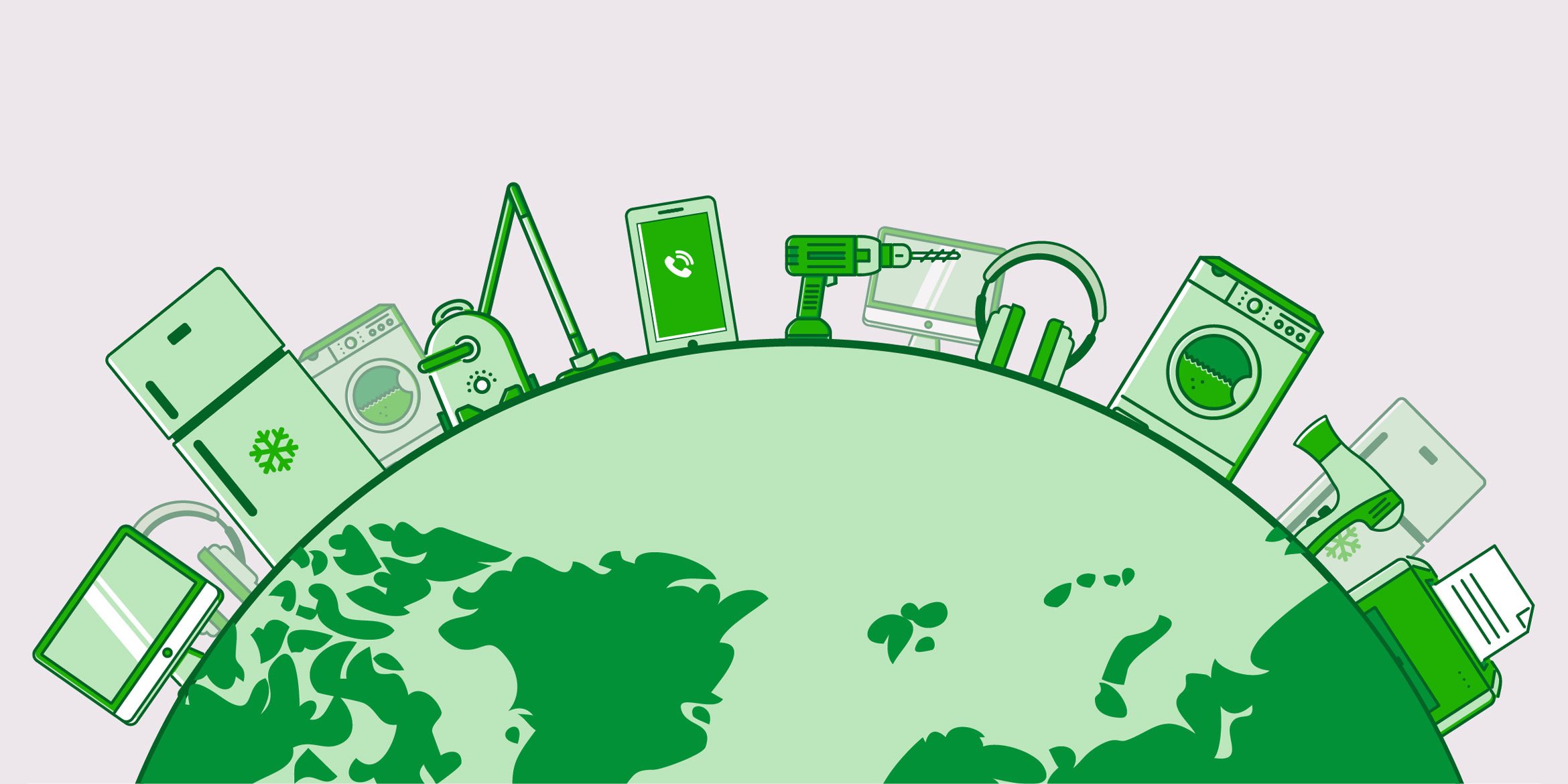
Main Discussion Points
Understanding the Environmental Impact of E-waste
Improper disposal of e-waste can have serious environmental consequences. Hazardous materials present in electronic devices, such as lead, mercury, and cadmium, can contaminate soil and water sources. It is crucial to highlight the harmful effects of e-waste on the environment and emphasize the importance of proper disposal and recycling.
E-waste Recycling Process and Methods
The e-waste recycling process involves several steps to ensure the proper handling and management of electronic waste. These steps include collection, dismantling, sorting, and processing. Various recycling methods, such as mechanical and chemical processes, are employed to extract valuable materials from e-waste. Exploring these methods and their effectiveness is essential in understanding the recycling process.
Responsible E-waste Disposal and Collection Methods
Responsible e-waste disposal is crucial to prevent environmental pollution and health hazards. Educating readers about collection methods such as recycling centers, drop-off locations, and mail-back programs is important. These methods ensure that e-waste is properly collected and processed by accredited facilities.
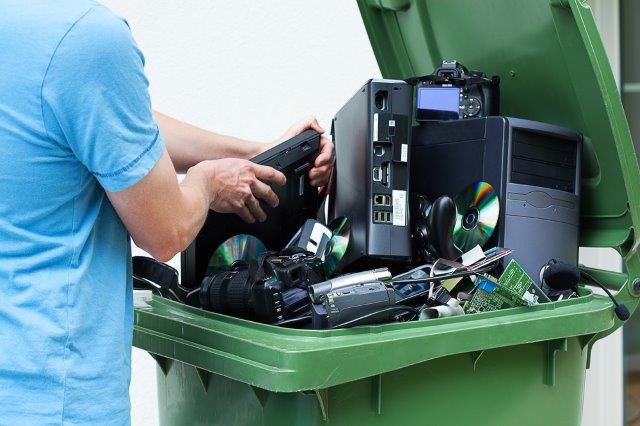
Case Studies or Examples
Real-world examples of successful e-waste recycling initiatives provide insight into the effectiveness of recycling programs. Highlighting these case studies allows readers to understand the challenges faced and the solutions implemented in specific contexts. These case studies can serve as inspiration for implementing effective e-waste recycling initiatives.
Current Trends or Developments
The field of e-waste recycling is constantly evolving with advancements in technology. Discussing recent trends in e-waste recycling technology helps readers stay updated on the latest developments. Additionally, highlighting innovative approaches and research findings in the field provides valuable insights into the future of e-waste management.
Challenges or Controversies
E-waste recycling is not without challenges and controversies. Lack of awareness and proper infrastructure pose significant challenges to effective e-waste recycling. Addressing these challenges is crucial to finding solutions and improving recycling practices. Additionally, controversies surrounding e-waste exports and their impact on developing countries need to be discussed to raise awareness about the ethical aspects of e-waste management.
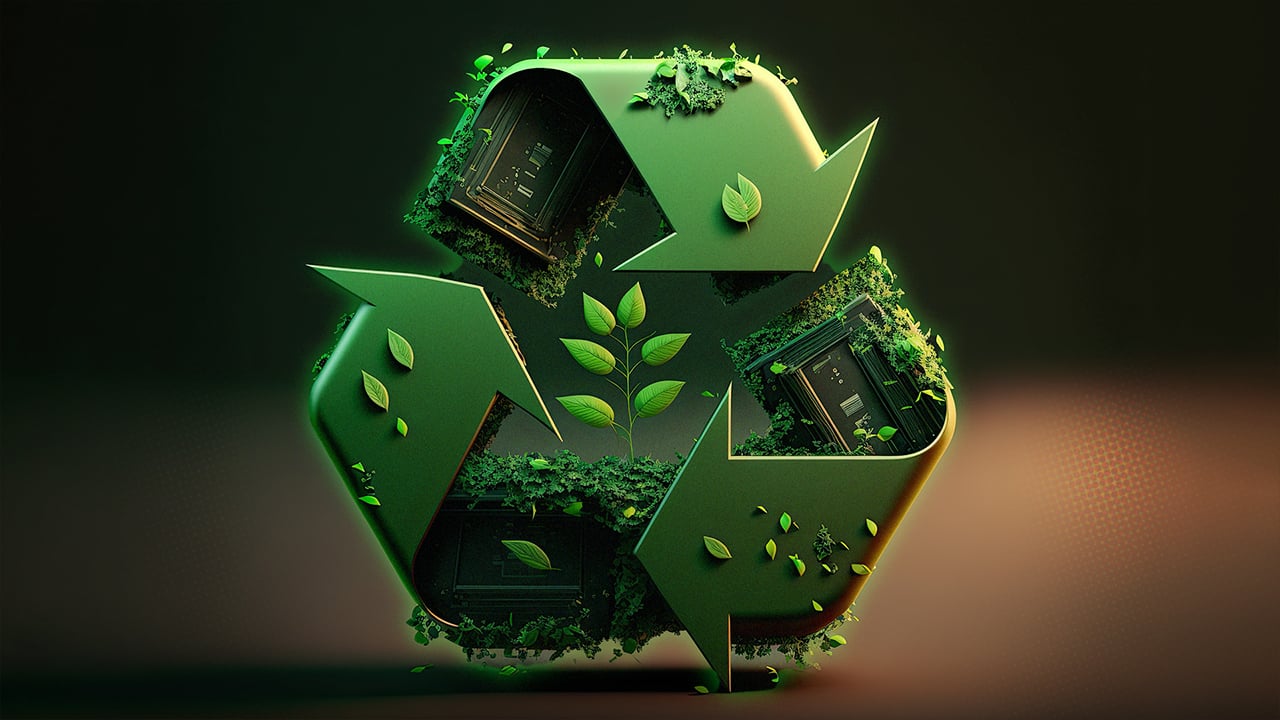
Future Outlook
Speculating on the future implications of e-waste recycling is essential to understand the long-term consequences of current practices. Exploring emerging technologies and policies that might shape the future of e-waste management provides valuable insights into potential solutions and advancements in the field.
Conclusion
In conclusion, e-waste recycling is of utmost importance for environmental sustainability and resource conservation. This comprehensive beginner’s guide has explored the significance of understanding and practicing e-waste recycling. By summarizing the main points discussed, readers are reminded of the importance of responsible e-waste disposal and the need to adopt recycling practices.



